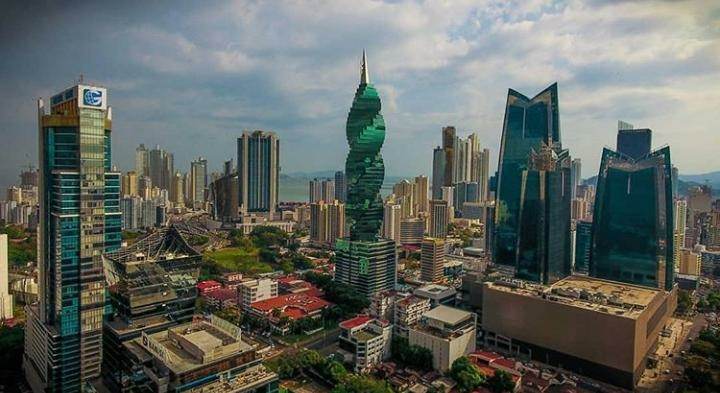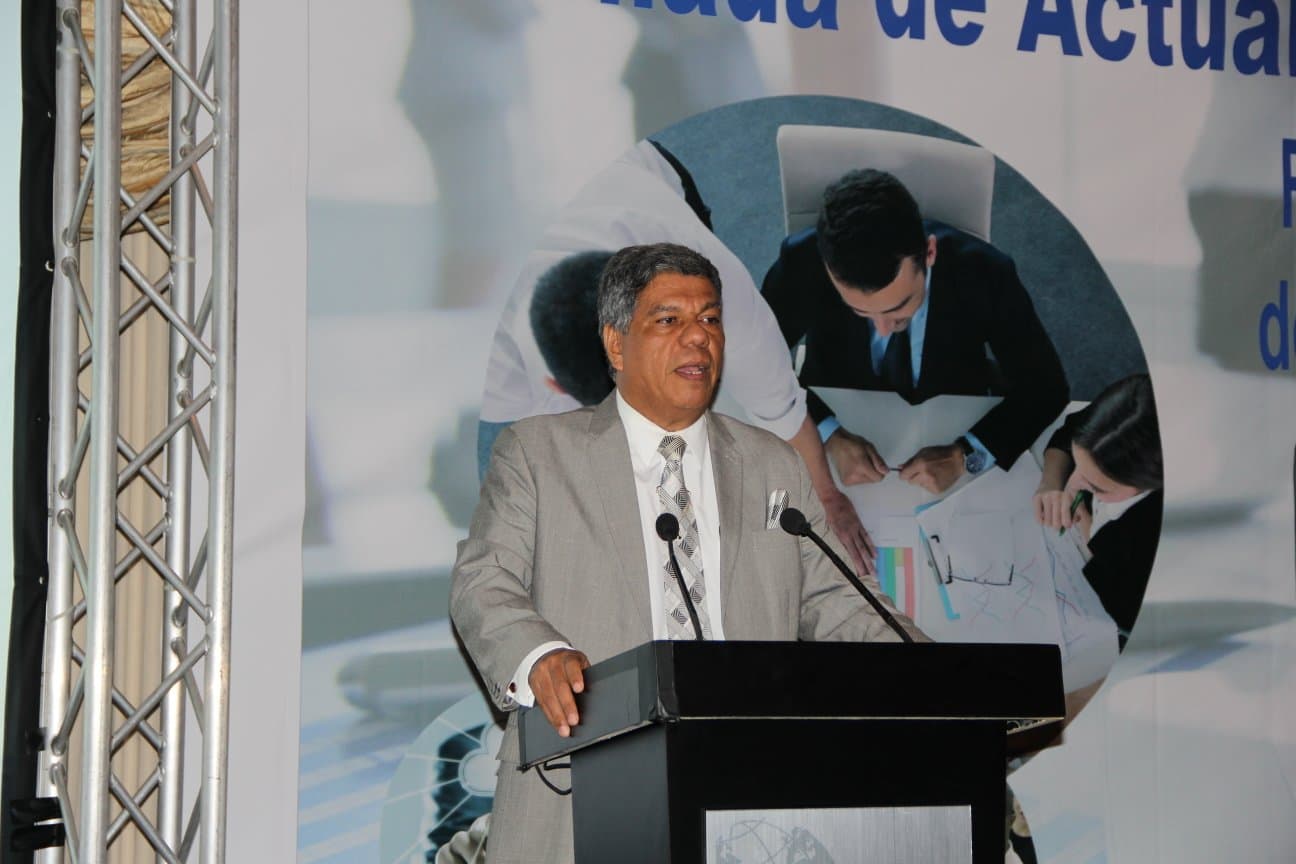An Economic Rescue Plan is Needed Now
More than a hundred days after announcing the first positive COVID-19 in Panama, the population has had to abide by a quarantine, leaving their jobs, businesses and social activities behind. Public health took precedence over the economic situation.
The Visitor spoke with the economist and professor Felipe Argote, with more than 20 years of experience, to explain and answer the most common questions among all those affected by this pandemic. When will economic reactivation be achieved? Why the decisions made by the State? How can everyone get ahead? What will the tourism sector have in store?
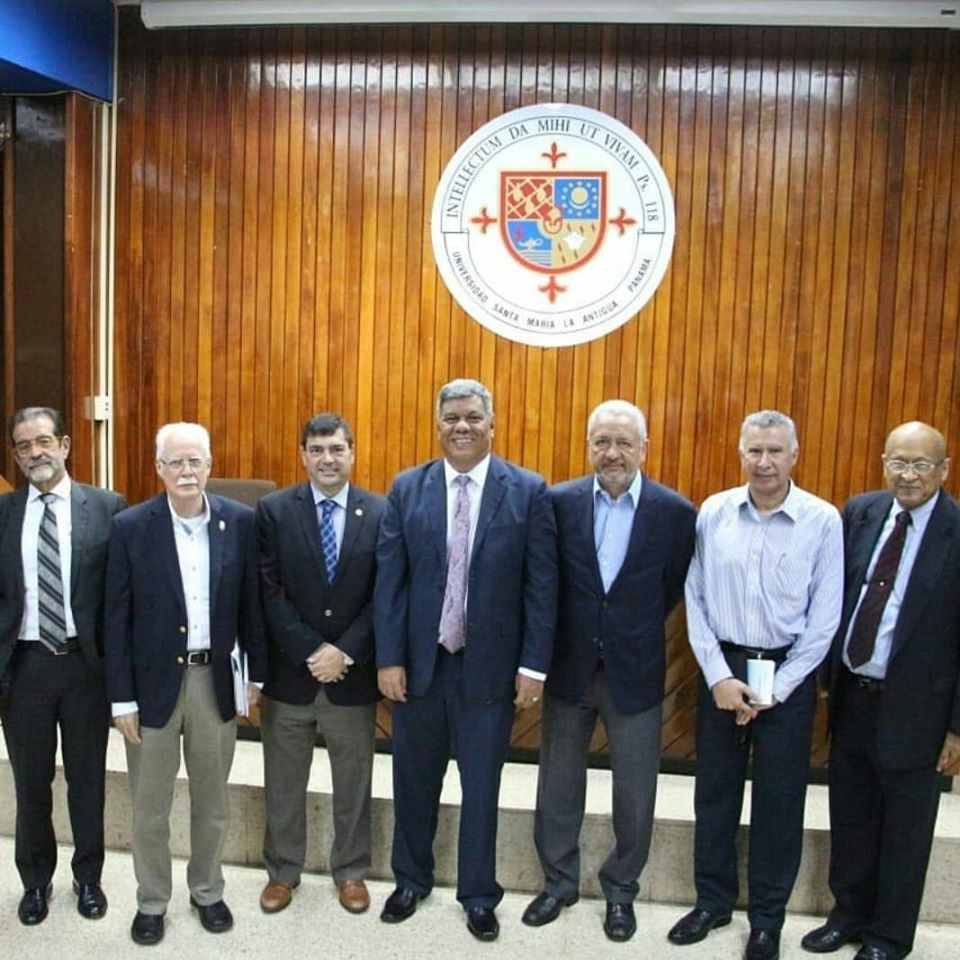
There Must be an Economic Backup Plan
The professor explained that the decisions made by the State are based on the classic neoliberal economic model. In Panama, a large million dollar sum was injected into the banks to get them to apply the moratorium, which is nothing more than postponing the debt of their clients until the end of the year or as long as the government estimates it. On the other hand, thousands of people were subsidized with food bags or $ 80 or $ 100 bonds, which will only solve their needs for a short time, instead of making a joint plan to see what can be done for this country and the economy. Most of the people in their desperation, ask to go out to work, open their businesses … But of what use would opening economic blocks or businesses, if there is no demand, emphasized the economist. “Employees will return to work and may even get sick. There must be a good backup plan that ensures people stay home. If you give a voucher and tell thousands of beneficiaries that they will be able to make it effective in a few supermarkets, they will find a tide of people in line, and the infectious foci are created. It is better to pay those thousands of employees for ACH, they take out their money and they can buy in stores in their neighborhoods and thus reactivate the economy a little, ”said Argote. The economist added that digital money deposit system with the ID code can be applied to informal workers, and put these accounts in several mini-supermarkets.
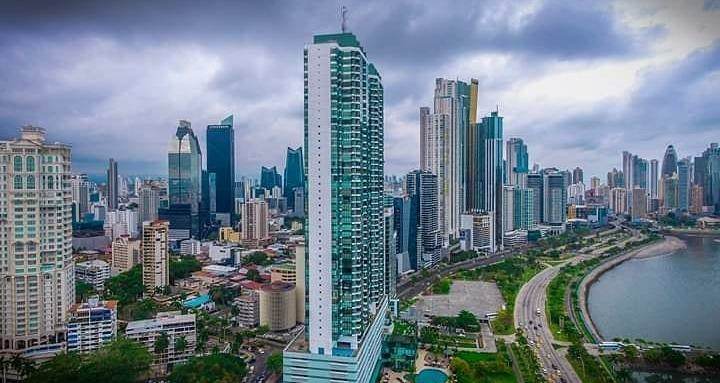
Reactivation of the Tourism Sector
The pandemic is still ongoing globally. In order to think about how you are going to work internally, you have to see what happens in the world first, advised the professor. “In China, specifically in Wuhan, 85% of companies are open. However they have a 70% drop in demand right now. If you have a supply shock, due to the closure of companies and factories, there is a demand shock, because people have no income, but a worse shock arises … that of uncertainty. Tourism companies can open but there will be no demand ”explained Argote. It is better to have a survival plan, try to help these entrepreneurs so that they do not close their businesses, but they will have to be helped with a minimum income of $ 300 per month, so they can buy their food and pay some of their bills. “That scheme or plan that I have established very general, sums 850 million dollars in three months, an amount within the country’s reach. The countries that have lived it know it, that is why rescue plans in some countries, are equivalent to 10% of the GDP, ”said Argote.
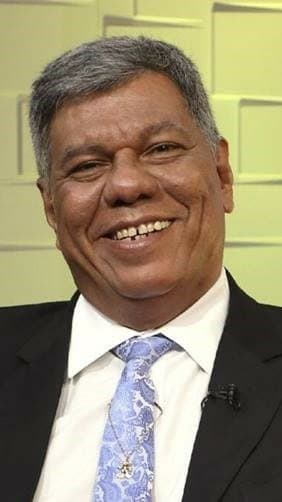
The State Must Keep the Capacity of Demand
Economists should not get into block opening schemes, but they can work on trying to keep mthe economic fabric. “That is the role as an economist, but health decisions are made by them,” said Argote, emphasizing that the State, in his opinion, must maintain the capacity for demand. How to do it? Subsidizing those who you are force to be at home, so that they pay their bills and that generates enough economy to support them ”he replied. He presented examples of cases in countries such as Germany, where the State paid 70% of salary, the United States where $ 1,500 were paid to registered employees and unemployment insurance, in Peru 12% of GDP is given to the rescue, at El Salvador the 3% and in Panama 0.3% is being dedicated, a third of 1% of GDP.
Argote wraps up by saying, that we will have to wait for the shock of uncertainty to pass and see its result. He reminded us that Panama is a service destination, and it is also a very resilient country.
